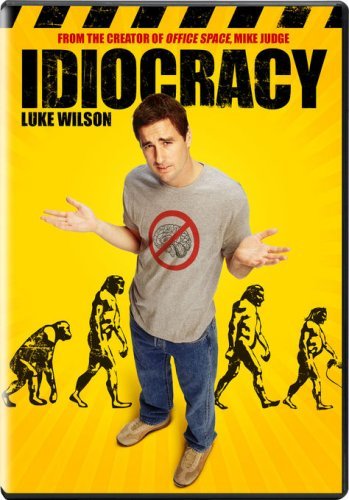 For better than 40 years Dan Rather worked in mainstream journalism. In fact he was a “star” reporter among his fellow journalists from the early 1960s to 2005. Rather worked as the evening news anchor for the elite media outlet—the CBS News network—during a time when the TV news supplanted the newspapers and radio as the most important source of the news that Americans depended upon to keep them up to date with what was going in their nation and world.
For better than 40 years Dan Rather worked in mainstream journalism. In fact he was a “star” reporter among his fellow journalists from the early 1960s to 2005. Rather worked as the evening news anchor for the elite media outlet—the CBS News network—during a time when the TV news supplanted the newspapers and radio as the most important source of the news that Americans depended upon to keep them up to date with what was going in their nation and world.
For Rather, quality journalism demands grit. Why? Because good reporting and worthwhile news requires the courage to ask of the powerful the tough questions despite the costs. Most of the public doesn’t realize the high price that some journalists must occasionally pay to report the truth. In Mexico reporting truthful news about the drug cartels and the legion of corrupt governmental officials has meant a bullet in the back of the head for dozens of Mexican journalists while others have had to flee into exile to avoid the same fate.
This type of violence and threats is not common for American and Canadian journalists. However, Dan Rather’s personal experience illustrates that journalistic freedom is more illusion than fact in the 21st  Century as entire nation’s news organizations are owned by just a handful of multi-national corporate media giants. Any North American journalist who fails to understand that it’s not smart—professionally speaking—to ask tough questions that embarrass the political and/or economic elite, will soon be looking for a new job.
Century as entire nation’s news organizations are owned by just a handful of multi-national corporate media giants. Any North American journalist who fails to understand that it’s not smart—professionally speaking—to ask tough questions that embarrass the political and/or economic elite, will soon be looking for a new job.
After all, some of Rather’s controversial coverage—such as the news story about the sadistic operation at the American-run Abu Ghraib prison in Iraq—resulted in “so much heat,” in lost money and influence, in Washington D.C. that Rather was forced out of the CBS Evening News anchor chair by his corporate masters.
Was reporting a controversial truth worth the risk of cutting short a long and distinguished career? Two years ago Rather reflected about the importance of the Abu Ghraib story in a Newsweek magazine feature story about the top ten news story’s of the 21st Century’s first ten years:
“Abu Ghraib has opened our eyes, serving as a dark icon that reminds us our fiercest enemies – hubris [pride], cruelty, and ignorance – wage war from within.”
Rather’s observation is practically biblical:
Pride goes before destruction, and a haughty spirit before a fall. It is better to be of a lowly spirit with the poor than to divide the spoil with the proud (Proverbs 16:18-19 English Standard Version).
It bears remembering Dan Rather’s main point: the mainstream news organizations in the 21st Century are not operating in the public service. They are large, usually multi-national corporations, working hand in glove with political/economic powers to determine what we see, hear, and read. The corporate masters of these news organizations are in business to make big profits and to earn fat bonuses for themselves. Telling the truth is okay, but only if it doesn’t get in the way of the bottom line.
That’s why the World Tomorrow is different. We are in the public service to tell the truth, which as it turns out has always been a dangerous enterprise:
Jesus answered, “My kingdom is not of this world. If my kingdom were of this world, my servants would have been fighting, that I might not be delivered over to the [religious/political elite in the employ of a group of rapacious, violent overlords]. But my kingdom is not from the world.” 37 Then Pilate said to him, “So you are a king?” Jesus answered, “You say that I am a king. For this purpose I was born and for this purpose I have come into the world—to bear witness to the truth. Everyone who is of the truth listens to my voice.” Pilate said to him, “What is truth?” (John 18:36-38 English Standard Version).
Some news stories—and that is what the gospel is… truthful good news—are never stale or out of date. Just remember that a great price had to be paid to tell you that story as well.




